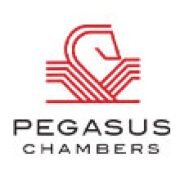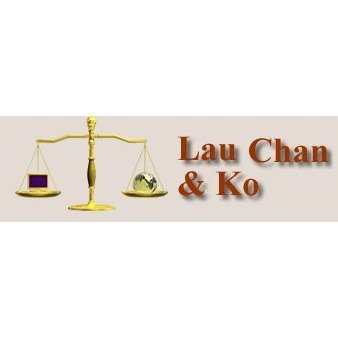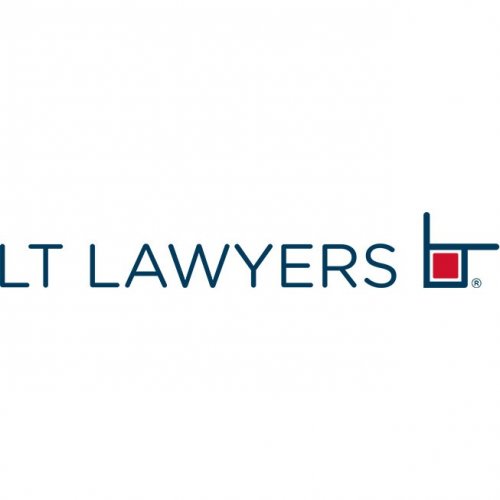Best White Collar Crime Lawyers in Central
Share your needs with us, get contacted by law firms.
Free. Takes 2 min.
List of the best lawyers in Central, Hong Kong
About White Collar Crime Law in Central, Hong Kong
White collar crime, named so due to being typically committed by professionals in business settings, refers to a variety of non-violent crimes usually committed in commercial situations for financial gain. In Central, Hong Kong, the hub of international finance and business, white collar crimes are well legislated with strict sanctions in place. The key domains of these offenses include fraud, embezzlement, insider trading, cybersecurity breaches, and tax evasion among others.
Why You May Need a Lawyer
These types of crimes are complex; there are many potential gray areas that require expert interpretation. As white collar crimes involve heavy financial losses and high stakes, consequences are severe for those implicated. If under investigation or charged with white collar crime, professional legal assistance can save individuals from severe fines, sentencing, and potential damage to their reputation. Even businesses can seek legal advice to establish protocols that prevent opportunistic white collar offenses.
Local Laws Overview
Hong Kong has numerous laws governing white collar crimes, including but not limited to The Securities and Futures Ordinance (SFO), The Prevention of Bribery Ordinance (POBO), The Companies Ordinance (CO), The Theft Ordinance, The Organized and Serious Crimes Ordinance (OSCO), and The Money Laundering and Terrorist Financing Ordinance. These laws are enforced by leading governmental bodies like the Hong Kong Police Force (HKPF), The Independent Commission Against Corruption (ICAC), and The Securities and Futures Commission (SFC).
Frequently Asked Questions
What constitutes a white collar crime?
A white collar crime typically involves deceit, breach of trust, or concealment, rather than resorting to physical force or violence. They are usually committed in a commercial or business setting with the intention of achieving financial gain.
What are the penalties for white collar crimes in Central, Hong Kong?
Penalties for white collar crimes in Central, Hong Kong can range from heavy fines, imprisonment, restitution (paying back the victims), community service, to probation and disgorgement (surrender of profits illegally obtained).
What bodies enforce white collar crime laws in Hong Kong?
Multiple bodies, including the Hong Kong Police Force, The Independent Commission Against Corruption, and The Securities and Futures Commission enforce white collar crime laws in Hong Kong.
Can a lawyer help me if I'm under investigation for a white collar crime?
Absolutely. Given the complexities of white collar crime, consulting a lawyer who specializes in this field can provide valuable advice, help protect your rights, and navigate the legal system to reduce potential criminal liabilities.
Can my business be charged with a white collar crime?
Yes. Not only individuals, but also corporations can be held liable for white collar crimes if found that the crime was committed by a person within the organisation, especially if the act was done for the benefit of the corporation.
Additional Resources
Citizens might consider contacting governmental bodies like the HKPF, ICAC, or SFC. These entities enforce laws related to white collar crimes and may provide public information or resources. Universities and public libraries might provide accessible literature about laws and precedents in white collar crimes in Hong Kong.
Next Steps
If under suspicion or charged with white collar crime, engage a trusted lawyer to protect your legal rights and plan the best defence strategy. For businesses wishing to prevent white collar crimes, consult legal experts to establish robust protocols to prevent opportunities for such crimes.
Lawzana helps you find the best lawyers and law firms in Central through a curated and pre-screened list of qualified legal professionals. Our platform offers rankings and detailed profiles of attorneys and law firms, allowing you to compare based on practice areas, including White Collar Crime, experience, and client feedback.
Each profile includes a description of the firm's areas of practice, client reviews, team members and partners, year of establishment, spoken languages, office locations, contact information, social media presence, and any published articles or resources. Most firms on our platform speak English and are experienced in both local and international legal matters.
Get a quote from top-rated law firms in Central, Hong Kong — quickly, securely, and without unnecessary hassle.
Disclaimer:
The information provided on this page is for general informational purposes only and does not constitute legal advice. While we strive to ensure the accuracy and relevance of the content, legal information may change over time, and interpretations of the law can vary. You should always consult with a qualified legal professional for advice specific to your situation.
We disclaim all liability for actions taken or not taken based on the content of this page. If you believe any information is incorrect or outdated, please contact us, and we will review and update it where appropriate.















